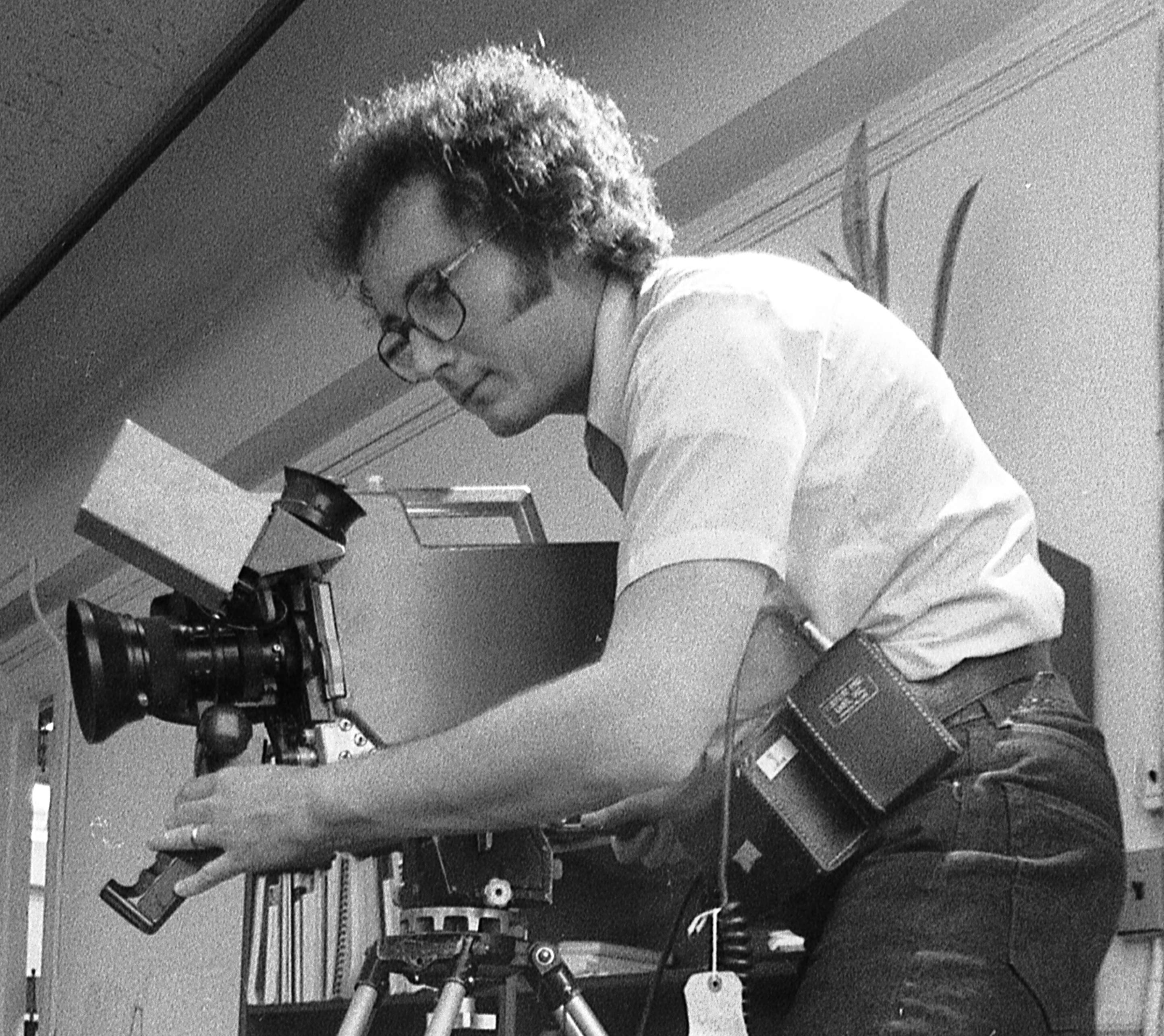Broadcasters sue to shut down wireless Internet service
The networks and television stations had to sue Aereo over its innovative plan to bring over-the-air television directly to viewers over the Internet. But whether the broadcasters will be successful at stopping the innovative plan is another matter.
Although set to launch by mid-March, Aereo began signing up members this week to its $12 a month (antenna-based) live TV over the Internet service in New York City. Subscribers get the first three months for free. In early tests, the service worked flawlessly with excellent picture quality and a fully functioning online VCR.
Aereo’s plan appears to be well thought out, with deep pockets behind it. The company raised $20 million pre-launch from IAC—Barry Diller’s company—and others because it expected to fight a major lawsuit with the stations and networks.
On cue, New York Area broadcasters, including Fox and PBS, filed suit in U.S. District Court in an attempt to stop Aereo from launching. In another suit, broadcasters that include NBC, ABC, CBS, Fox and a unit of Univision Communications Inc. argue that Aereo doesn’t have the right to the copyrighted programming that is the basis of its service.
The broadcasters asked the court for an injunction stopping Aereo’s service, though the company got a head start before the court ruled. This time, however, many experts are betting the broadcasters won’t be successful in stopping an innovative new technology.
“This case is not about stifling new video distribution technologies, but about stopping a company from violating our copyrights and redistributing our television programming without permission or compensation,” said a statement by some of the broadcasters, including Fox and Univision.
The broadcasters don’t believe copyright law allows Aereo to retransmit their over-the-air signals on the Internet without obtaining a license from them to do so. Aereo, which has studied former efforts to bring television to the Internet, is using an array of micro-sized antennas to pick-up the signals off-air. Users simply rent an antenna and online VTR to have the service sent to them over the Internet. Aereo is betting that scheme will pass muster with the courts.
The professional video industry's #1 source for news, trends and product and tech information. Sign up below.
Aereo said it “does not believe that the broadcasters’ position has any merit and it very much looks forward to a full and fair airing of the issues.” At the time Aereo was announced, Chet Kanojia, its founder and chief executive, described the service as “the equivalent of going to RadioShack and buying an antenna and putting it on top of your TV or roof.” Aereo avoids picking up signals on a satellite dish and re-selling them, something the courts have ruled is stealing.
“Consumers,” Aereo wrote in a blog posting, “are legally entitled to access broadcast television via an antenna and they are entitled to record television content for their personal use. Innovations in technology over time, from digital signals to Digital Video Recorders, have made access to television easier and better for consumers.”
Aereo said it simply provides technology that enables consumers to use their cloud DVR and their remote antenna to record and watch the broadcast television signal to which they are entitled anywhere they are, whether on a phone, a tablet, a television or a laptop.
The broadcasters argue that Aereo is violating copyright law at least in part because it is reformatting and retransmitting the networks’ TV signals. One suit argued that Aereo’s contention that it is renting an antenna to consumers who are doing the rebroadcasting is a “fiction.” The other said it “simply does not matter whether Aereo uses one big antenna or tons of tiny antennas.”
Dennis Wharton, executive vice president of the NAB communications, said his group strongly supports the lawsuit against Aereo. “Copyright and TV signal protections promote a robust local broadcasting system that serves tens of millions of Americans every day with high quality news, entertainment, sports and emergency weather information,” Wharton said. “A plaintiffs’ win in this case will ensure the continued availability of this programming to the viewing public.”
